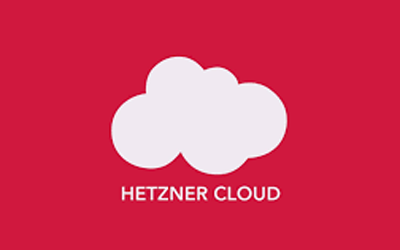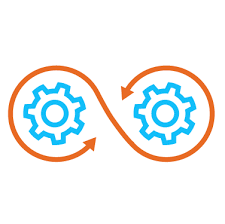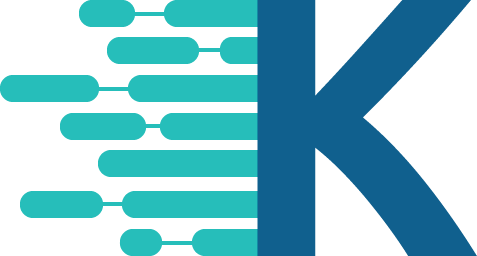Bottlenecks to
Breakthroughs
Empowering Microservices Productivity with Klusternetes
Ready to get started ? Sign up today and embark on a journey
towards efficient and resilient microservices development.
Works with







What is Klusternetes?
Klusternetes is a comprehensive self-service solution that simplifies microservices development on Kubernetes by addressing challenges such as shared namespaces, transitioning between Docker Compose and Kubernetes, and maintaining high development velocity.
Why Choose Klusternetes?
Klusternetes addresses the challenges posed by shared namespaces, transitioning from Docker Compose to Kubernetes, and maintaining high development velocity, mitigating potential productivity loss.

Boosting Development Velocity with Klusternetes
Shared namespaces can have a significant impact on the velocity of development. Let’s explore the challenges they pose and how our Klusternetes can help accelerate your development process.

Shared Namespaces
Environmental In-consistencies
Problem : When multiple developers are working in the same namespace, it can be challenging to maintain consistent environments for each project.
Solution : Klusternetes creates isolated virtual clusters/environments for development teams which are independent (enables developers to not step on each other’s work) and brings more consistency (without stale data)
Collaboration Bottlenecks
Problem : In shared namespaces, coordinating changes and managing concurrent development becomes more complex. This can introduce bottlenecks and slow down the overall development velocity.
Solution : With Klusternetes, developers get their own isolated environments enabling concurrent development. It also facilitates better collaborations and reduces complexity as the developer gets production like setup for their workload deployments.

Docker Compose
Addressing Productivity Loss in Docker Compose.
Loss of productivity due to challenges in using Docker Compose can have a significant impact on development teams. Here are some common productivity challenges and their potential impact and how Klusternetes help.
Resource Management
Problem : Docker Compose provides basic resource allocation capabilities, but it can be challenging to manage and optimize resource allocation in complex microservices applications (local machine’s hardware constraints).
Solution : Klusternetes overcomes the local hardware constraint of docker-compose as it uses scalable Kubernetes clusters under the hood (either hosted on cloud or a data center).
Limited Production-like Testing
Problem : Docker Compose environments may not fully replicate the production environment, making it challenging to identify and resolve issues that only arise in higher environments.
Solution : Klusternetes provides production-like environments for testing teams to test the features developed by development teams thus removing the constraints posed by Docker compose environments. It also abstracts the complexities of Kubernetes and provides easy to use ephemeral environments for the testing teams thus making adoption of Kubernetes easier.
CI / CD
Namespace Isolation can introduce complexities in CI/CD pipelines, affecting the speed of delivery changes. Coordinating CI/CD processes for multiple applications within a shared namespace requires careful planning. Klusternetes enables streamlined CI/CD workflows, ensuring fast and efficient delivery of updates, promoting a continuous development flow.

CI / CD
Preview Environment as a Service
Problem : Developers, while building a microservice based application, would like to test their features in an isolated environment and send it for review (create pull request). The reviewer, besides reviewing the code, also needs an environment to test the code.
Solution : With Klusternetes, developers can create isolated environments to deploy and test their workloads and can share the same environment with the reviewer (pre-view environments). The testing teams too can test the applications by using the same environment thus considerably improving the development velocity.





